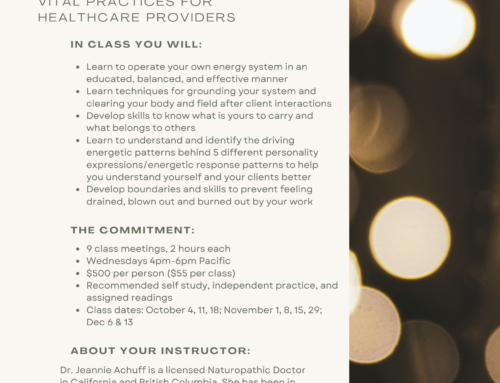If you are anything like me, this time of physical distancing and flattening the curve has been a bit disorienting. The most common complaints I am hearing in my practice and in my community these days are focused on mental health. Being socially isolated has taken a toll on many of us. Whether it be missing the social connection of friends and family, a lack of routine, struggling to keep a small business afloat, increased workload while working from home, or navigating home schooling, we are all adjusting to a shockingly different new lifestyle. I, personally, do thrash and flail a bit when too much routine is imposed upon me, but I also find it is helpful for my productivity, mental flow, and sense of purpose in life. This is also true for our children.
I had a consult with a patient last week who is a mother to two young children, and trying to work from home. Her husband is still working outside of the home, and she is attempting to homeschool and work. She spoke about her feelings of guilt for not getting school work done along with her irritability at her kids when she can’t focus on her own work. She has been up at night with vivid dreams, and craving sugar, and she snacks all day. She hasn’t had motivation to exercise, and has noticed a decline in her sex drive and overall feelings of connectedness to her husband. This all makes sense and is highly relatable, right!? But that does not make it easy for us to break out of the spiral of disorientation, distraction, and lack of structure in our days. (I don’t know about you, but whenever my kid is at home, any structure I try to create quickly gets “re-structured” shall we say!)
In any case, together, my patient and I created a plan. Below are some easy-to-implement strategies we can all use to combat the toll social distancing can take on our lifestyle and mental health. If you can implement some of the strategies below you will be able to take charge of your mental health in this time of uncertainly. You will go from feeling out of control to in control and hopeful. You’ll likely feel more mentally stable, and less anxious or depressed, and more oriented to your world. This will help you to get better sleep, and have more energy. You should have a more predictable appetite and reduction in sugar and salt cravings. One important aspect we discussed is the fact that what we put INTO ourselves, is what we get OUT of ourselves. After implementing a few of the steps discussed below, she is already feeling an improvement.
Here are the top 7 things we implemented:
1. Add a vegetable to every meal, and make sure one meal of the day included a leafy green salad
with multi colored vegetables. She also eliminated sugar.
2. The patient committed to drinking half her body weight in ounces of water daily to combat cravings, stay hydrated and support proper function of her immune system.
3. Sleep and wake rituals were put in place. For this person, sleep routine includes tea (I love Tulsi tea in the evening) and a bath, 15 minutes of meditation, and no screen time 1 hour before bed. Waking routine includes making the bed, 2 sun salutations upon rising, and a healthy breakfast.
4. An attainable exercise goal was implemented. She chose 15 minutes of yoga and 15 minutes walking outside with the family daily. Kids can be included in the yoga break.
5. A stress reduction plan was discussed, and she chose to journal daily and write down three good things she is grateful for along with a breathing exercise every day (either during yoga, mediation or
separately). (Another excellent activity to bring kids into!)
6. We set a goal for her to connect with someone outside of her immediate family each day. She chose
to email friends, and set up a zoom call weekly with friends she was missing while staying at home.
7. Self care strategies were discussed, and she chose to focus on a new hobby while home. She has always wanted to get back into making collages with old family photos and thought it was a fun activity for the kids as well.
When I read this list, it sounds like a lot. But truth be told, I have been trying many of these as well, and they are very helpful! Small changes that we make to our daily lives can help to prevent the inevitable toll that sheltering in place takes on our mental health.
Here is YOUR call to action: Pick ONE of the strategies above, and give it a try for the next 3 days and see how it goes.





